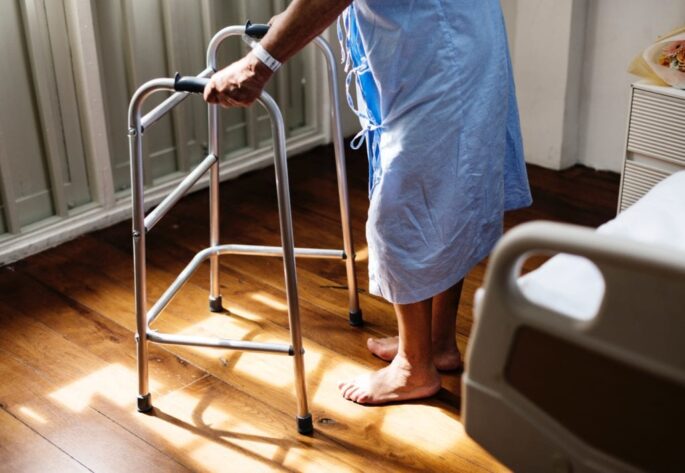As people age, their needs change. Seniors develop new needs as they get older and require complex care to minimize health risks. Seniors who don’t receive proper complex care are at risk of injury, illness and death.
Complex care in seniors creates challenges that must be accommodated, regardless of where the person lives. Many people assume nursing homes and hospitals are the safest places for seniors, but this is not always the case. Low standards of care, understaffing or bed-focused care are common concerns that prevent seniors from receiving the best care possible.
Whether at home, in a facility or at the hospital, the need for competent complex care in seniors is paramount.
Top Issues of Complex Care in Seniors
Many factors make medical care complex for seniors. As the body ages, most people find themselves more vulnerable to illness and health hazards than ever before. New medical challenges arise and, if neglected, these challenges can quickly destroy a person’s quality of life.
Additional Medications
Seniors older than 65 take an average of four prescription medications, with seniors taking more medications now than they did in the past.
Every prescription has its unique requirements, often including when and how much to take, whether to ingest with food and conflicting medications or substances.
Maintaining several medications at a time can be difficult and demanding, and may be downright impossible to do alone when seniors suffer from other symptoms of aging, such as cognitive decline or physical limitations.
Cognitive Decline
People tend to take their ability to learn, think and remember for granted, but it’s an ongoing struggle for many seniors. Fifteen to 20 percent of seniors have mild cognitive impairment, which is a notable decline in cognitive capability.
One in five women and one in 10 men will develop age-related dementia in their lifetime.
Individuals who have cognitive decline may forget to take proper care of themselves, failing to take medication, eat or bathe. They may put themselves at risk by forgetting simple safety rules, such as turning off a stove or running water. Or they may accidentally abuse alcohol or overdose on medication. Simply put, cognitive decline puts seniors at immense risk.
Reduced Immune System Function and Susceptibility to Infection
As seniors age, their immune system becomes less effective. A natural reduction in immune system function makes seniors more susceptible to infection or disease and, once infected, the immune system also has a harder time recovering. This decreased immune ability needs to be considered when determining complex care needs.
Physical Activity and Exercise
Seniors may find it difficult to move their bodies, yet physical activity and exercise play a critical role in overall health.
For example, studies have shown that people who incorporate exercise into a hospital stay recover faster and minimize the impact of their illness. Thirty to 60 percent of hospitalized seniors will become less functional due to excessive bed rest. Up to half of those individuals fail to return to their pre-hospitalization function a year later.
If a nursing home sends a patient to the hospital, that facility is responsible for providing extra monitoring and care upon return. They must ensure any adverse effects of the hospital visit are reversed.
Hospitalization is just one of many factors that can limit seniors’ ability to exercise. Complex care practitioners must consider the importance of exercise to utilize it whenever and wherever possible.
Medical Assistive Devices
Medical assistive devices can play a critical role in a person’s mobility and ability to interact with the world around them. Unfortunately, in some cases, seniors don’t receive the devices that would improve their quality of life.
Seniors are often unaware of a device that can alleviate their suffering, don’t have the funds to purchase medical equipment or live in an environment that can’t be easily adapted. In all of these cases, the primary caregiver or facility should do everything within their power to remedy the situation and improve the person’s mobility.
Seniors Require a High Standard of Care
Seniors have challenging care needs. It’s essential they receive a high quality of care from experienced caregivers. Skilled professionals recognize the issues of complex care in seniors and prevent health challenges that often co-occur.
Without proper care, seniors’ health and quality of life can decline at rapid rates. Improper care can result in unnecessary health risks, including infections, falls, medication side effects, stress and emotional hardship.
Are you concerned about the level of care you or a loved one are receiving during health declines? Contact the Nursing Home Abuse Justice to discover your options.

